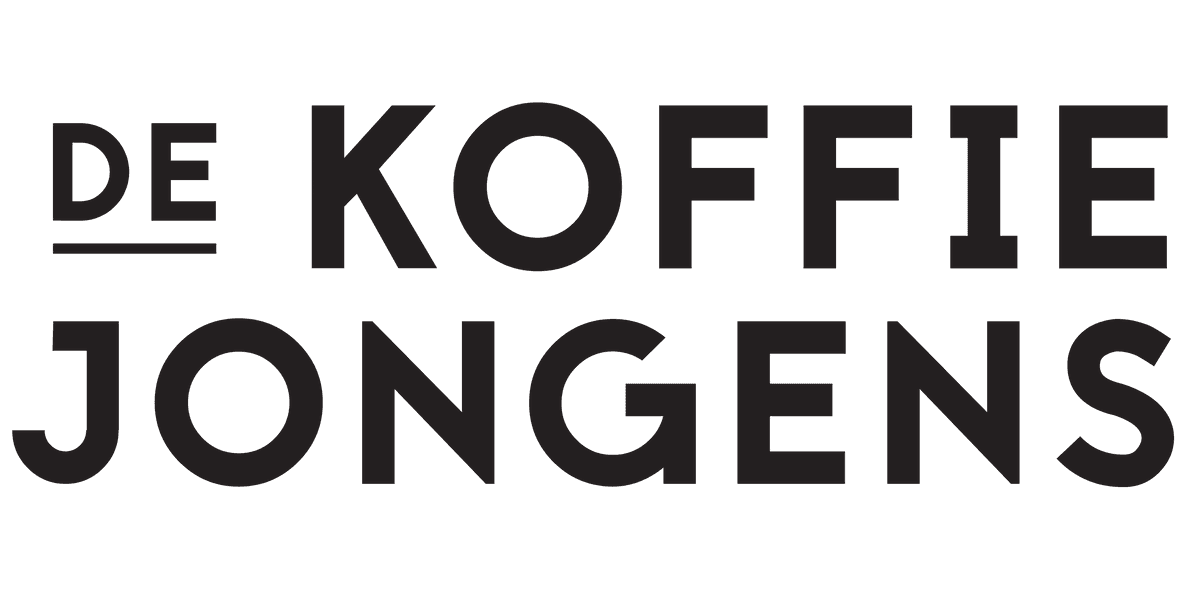

De Koffiejongens

North Holland, Netherlands The
May 2023
Beverages
Wholesale/Retail
Belgium,
Netherlands The
Koffiejongens is a sustainable Dutch coffee brand for coffee pods. The company was founded by Walter Morriën and Corné van Drogenbroek. The entrepreneurs started the startup with the idea of providing a service to subscribers, supplying them with high-quality and sustainable coffee pods on a monthly basis. Since then, the company has evolved into a fully sustainable and socially conscious coffee brand, offering certified coffee in 100% biodegradable plant-based coffee pods. The coffee pods come in various flavors (Lungo, Lungo Forte, Lungo Extra Forte, Espresso, Ristretto, Decaf) and are available for individual purchase as well as through subscription plans. From intensive options for heavy coffee drinkers to lighter subscription plans, they cater to different preferences. All packages are packed in FSC-certified cardboard and assembled by employees who were formerly disadvantaged in the job market. Delivery is done by bicycle or on foot whenever possible. Additionally, since 2021, The Koffiejongens have been carbon neutral.
Overall B Impact Score
Governance 12.0
Governance evaluates a company's overall mission, engagement around its social/environmental impact, ethics, and transparency. This section also evaluates the ability of a company to protect their mission and formally consider stakeholders in decision making through their corporate structure (e.g. benefit corporation) or corporate governing documents.
What is this? A company with an Impact Business Model is intentionally designed to create a specific positive outcome for one of its stakeholders - such as workers, community, environment, or customers.
Workers 23.7
Workers evaluates a company’s contributions to its employees’ financial security, health & safety, wellness, career development, and engagement & satisfaction. In addition, this section recognizes business models designed to benefit workers, such as companies that are at least 40% owned by non-executive employees and those that have workforce development programs to support individuals with barriers to employment.
Community 20.5
Community evaluates a company’s engagement with and impact on the communities in which it operates, hires from, and sources from. Topics include diversity, equity & inclusion, economic impact, civic engagement, charitable giving, and supply chain management. In addition, this section recognizes business models that are designed to address specific community-oriented problems, such as poverty alleviation through fair trade sourcing or distribution via microenterprises, producer cooperative models, locally focused economic development, and formal charitable giving commitments.
Environment 29.7
Environment evaluates a company’s overall environmental management practices as well as its impact on the air, climate, water, land, and biodiversity. This includes the direct impact of a company’s operations and, when applicable its supply chain and distribution channels. This section also recognizes companies with environmentally innovative production processes and those that sell products or services that have a positive environmental impact. Some examples might include products and services that create renewable energy, reduce consumption or waste, conserve land or wildlife, provide less toxic alternatives to the market, or educate people about environmental problems.
Customers 3.3
Customers evaluates a company’s stewardship of its customers through the quality of its products and services, ethical marketing, data privacy and security, and feedback channels. In addition, this section recognizes products or services that are designed to address a particular social problem for or through its customers, such as health or educational products, arts & media products, serving underserved customers/clients, and services that improve the social impact of other businesses or organizations.